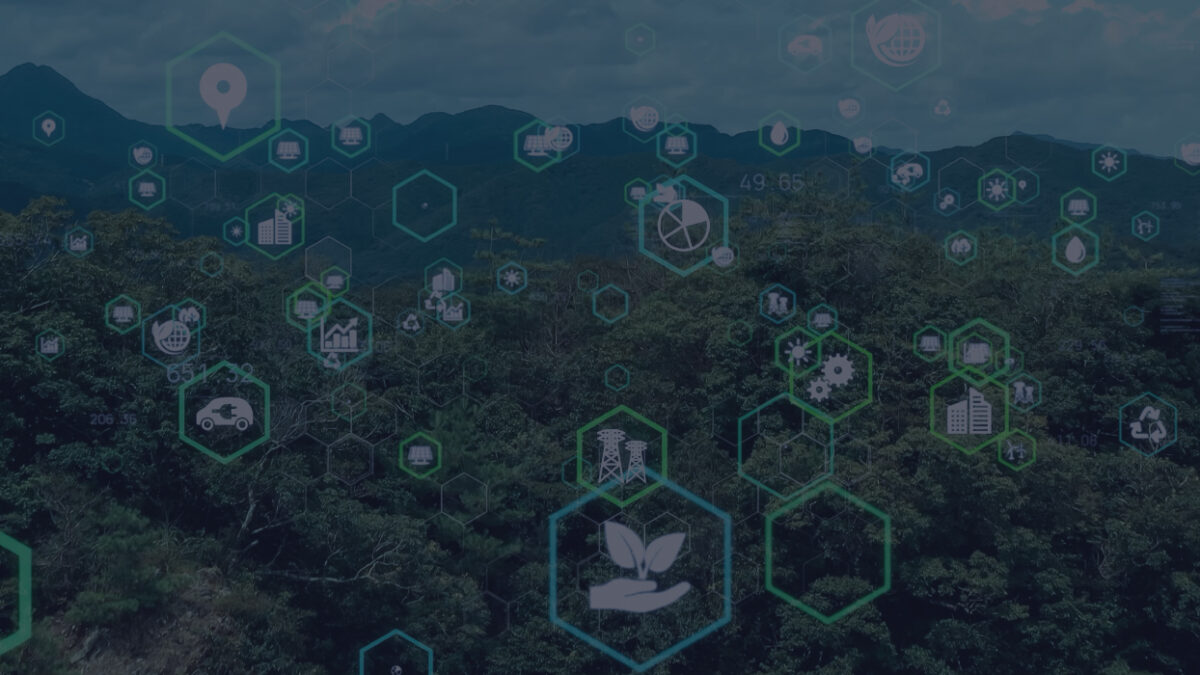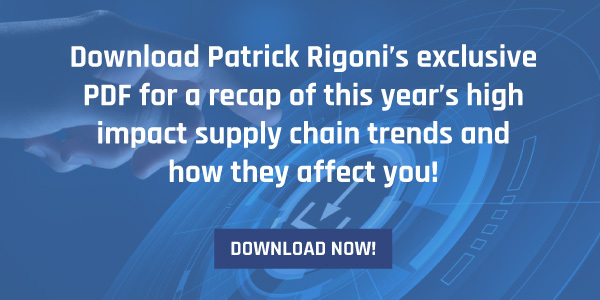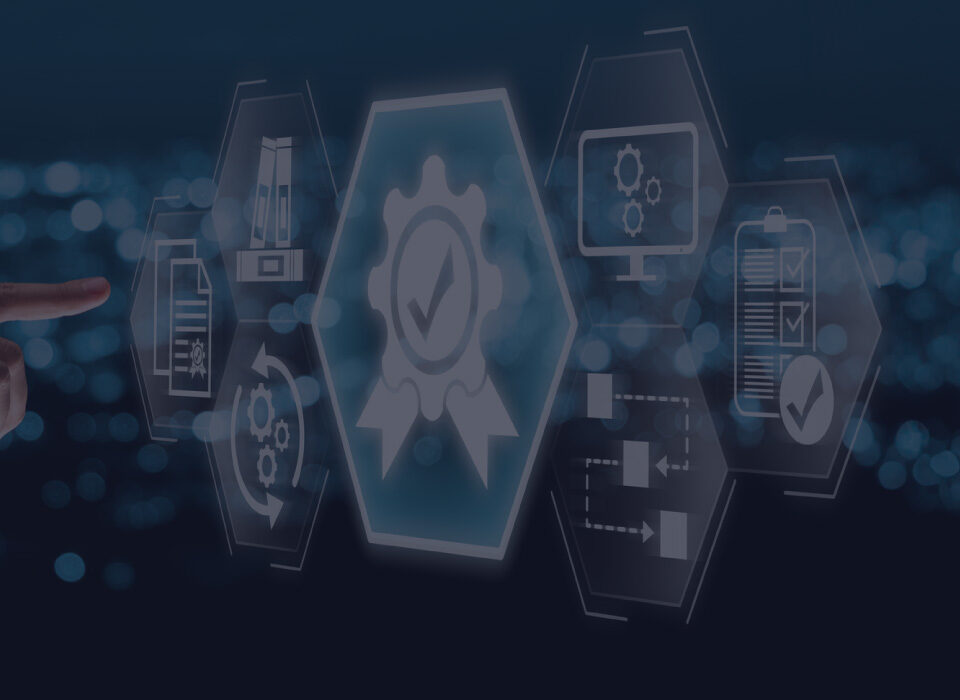Building a sustainable supply chain doesn’t happen overnight. It’s the by-product of a systematic, all-hands-on-deck effort to examine each piece of the supply chain puzzle and uncover areas of waste, inefficiency, and irresponsibility. Since prioritizing sustainability involves a heavy degree of optimization, it’s no wonder that Demand Driven practices are so well positioned to bolster company performance in this arena. Put them to work for you, and you’ll watch your organization land every target you set for sustainability maximization.
It’s impossible to cover every base when it comes to sustainable supply chain management, but you have to start somewhere – and the important thing is to start. Patrick Rigoni is always available to guide his clients towards the most sustainable solutions using his Demand Driven expertise. If you’re ready to lead your organization into a brighter, more responsible future, hit the ground running with these five foundational strategies:
-
Assess Your Supply Chain
You can’t move forward unless you know where you’re starting from. Gathering baseline data is imperative for supply chain managers seeking a more sustainable tomorrow. A critical first step is to inventory suppliers. What roadblocks are they facing in terms of environmental and social responsibility? Self-assessments and questionnaires are your best bet for collecting this preliminary information.
By critically assessing suppliers against sustainability criteria, you may be able to trim your partnerships down to the highest achieving of the bunch. Utilizing a Demand Driven approach, you’ll be able to identify weaknesses in your supply chain and opportunities for optimization. Familiarizing yourself deeply with your suppliers and their challenges will give you the data you need to set new standards for sustainability progress.
-
Hold Suppliers Accountable
The initial data is in your hands. You’re all too aware of the pitfalls within your supply chain. Now it’s time to take action.
Go ahead: Set those lofty sustainability goals. Then keep your suppliers on target by measuring their performance against sustainability metrics and communicating your expectations through a supplier code of conduct. Routine self-assessments, audits, and incentive programs are the best way to drive suppliers into action.

Take Adidas as an example. The sportswear giant is known for its highly effective sustainability programs, which have resulted in cutting back on textile and water waste and eliminating chlorofluorocarbons. What’s the secret to their success? Adidas holds its suppliers accountable. The company expects its suppliers to live up to high standards when it comes to social and environmental sustainability. Suppliers are regularly audited and rated against key performance indicators, and a supplier code of conduct keeps everyone working towards the same mission.
-
Join Forces with Industry Leaders
You don’t have to go it alone. Collaborating with other supply chain leaders who are serious about sustainability can increase your impact and reduce your workload. Some of the benefits of teaming up with an industry coalition include:
- Boosting innovation
- Implementation of software tracking tools to monitor supplier performance
- Increasing buying power and influence
- Alignment of the procurement process with sustainability goals
- Setting shared goals and vision.
Some groups to consider: The Sustainable Apparel Coalition, the Outdoor Industry Association, and the Zero Discharge of Hazardous Chemicals Programme. These and other similar coalitions foster progress towards sustainability goals. And let’s face it: celebrating those achievement of those sustainability milestones is more fun when you can share that sense of accomplishment with others.
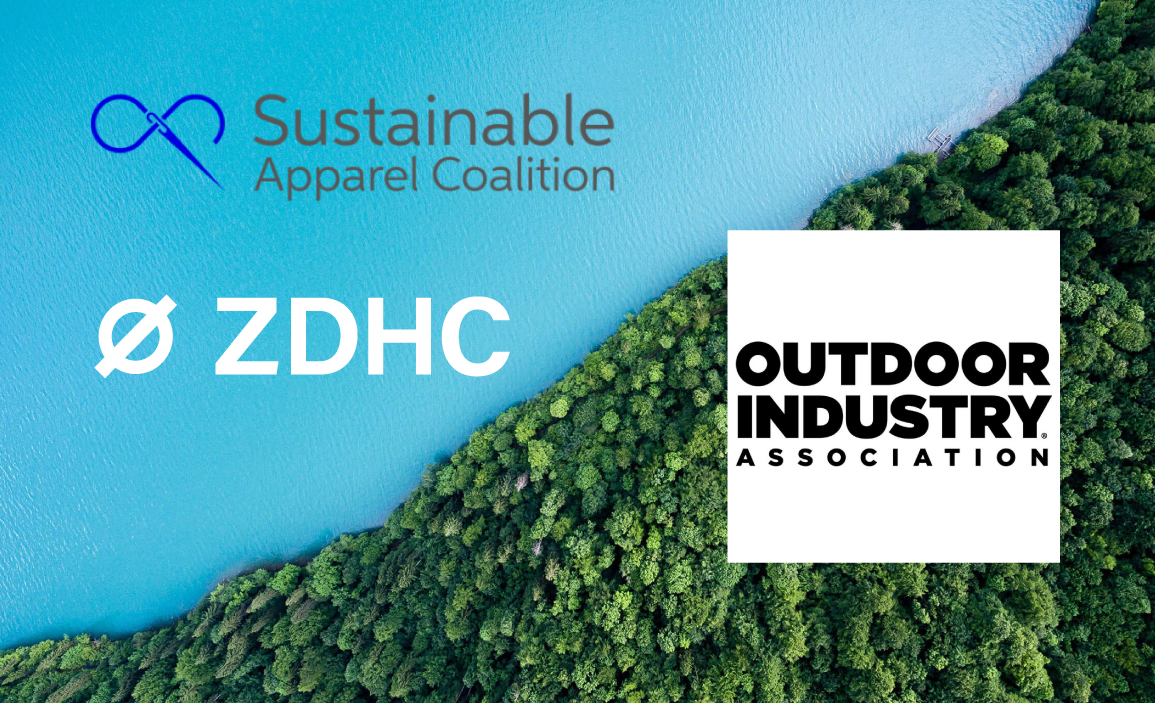
-
Embrace Demand Driven Methodology
We can’t think of a more perfect pairing than sustainability & Demand Driven. Forecasting, proactive planning, resilience-building, risk management – all are necessary components of sustainability performance, and all are woven into the fabric of Demand Driven methodology.
Demand Driven practices result in a strong supply chain that optimizes resources and adapts in the face of rapidly shifting circumstances. It’s these same qualities that lead to more sustainable supply chains. Organizations that are agile and adaptable can think fast on their feet, saving precious resources and leaving the planet in better shape.
-
Look to the UN for Wisdom
We’re talking about the United Nations Global Compact. Developed more than 20 years ago, it remains the holy grail of corporate sustainability. Consider it a blueprint as you move your organization closer to its target objectives. The UN describes its Compact as “a call to companies to align strategies and operations around universal principles on human rights, labor, environment and anti-corruption, and take actions that advance societal goals.”
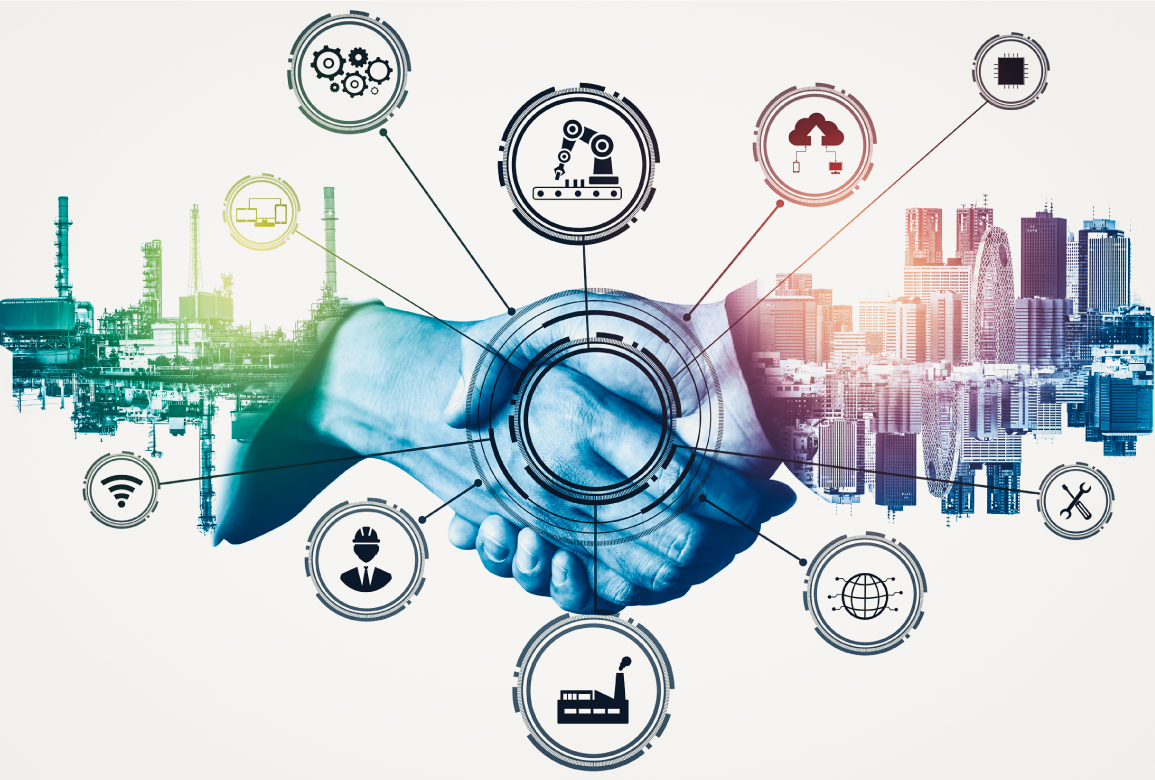
More than 12,000 companies across 160 countries participate in the UN Global Compact, representing just about every sector. Joining is completely voluntary, and participants aren’t monitored. The UN has, however, developed a set of Integrity Measures. This is the sustainability benchmark for participants in the Global Compact, and keeps everyone accountable to upholding high ethical standards. Furthermore, its Guide to Corporate Sustainability is a meaningful resource for supply chain managers ready to implement these standards from the ground up.
You’re ready to take action and create a more environmentally and socially responsible supply chain. Patrick Rigoni is here to guide you on that path. Reach out to schedule a consultation and learn how Demand Driven methodology can improve your sustainability performance.
While you’re at it, check out Patrick Rigoni’s exclusive guide on the 10 most compelling trends in supply chain management – sustainability ranks high on the list!


